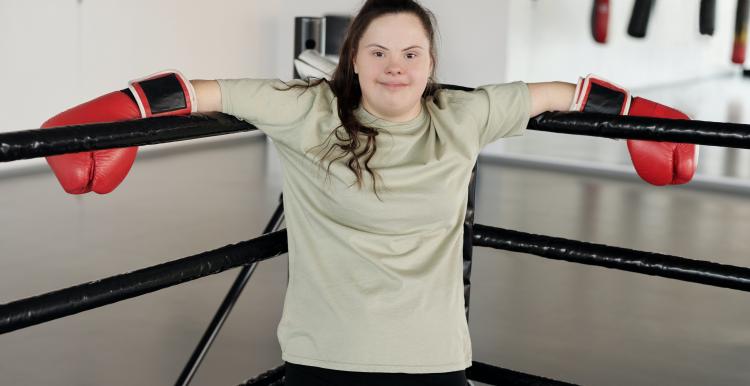What do you actually know about Learning Disabilities?

A learning disability is when your intellectual ability is reduced, and you have difficulty with everyday activities. It’s not temporary and will which affect someone for their whole life.
People with a learning disability tend to take longer to learn and may need support to develop new skills, understand complicated information and interact with other people. They may need help with everyday tasks such as shopping and traveling to new places.
There are different types of learning disability
Everybody’s experience of a learning disability will be unique to them. Some people have profound and multiple learning disabilities, whereas others may be mild or moderate. In all cases, a learning disability is lifelong.
People with a severe learning disability, or profound and multiple learning disability (PMLD), will need more care and support with areas such as mobility, personal care and communication. People with a moderate learning disability may also need support in these areas, but not definitely.
What causes a learning disability?
A learning disability occurs when the brain is still developing (before, during or soon after birth). Several things can cause a learning disability.
Before birth things can happen to the central nervous system (the brain and spinal cord) that can cause a learning disability. A child may be born with a learning disability if the mother has an accident, or illness, while she is pregnant. Some genetic conditions also cause a learning disability including Down’s syndrome and cerebral palsy.
A person can be born with a learning disability if they don’t get enough oxygen during childbirth, have trauma to their head, or are born too early.
After birth, a learning disability can be caused by early childhood illnesses, accidents and seizures.
You can be diagnosed at any time
A child may be diagnosed at birth, or you might notice a difference in your child's development during early childhood. For some people it may be many years before they receive a diagnosis, while others may never receive a diagnosis at all.
Although getting a diagnosis can be a very difficult and emotional experience, it is often the first step to accessing the care and support needed for the future. For more information about getting a diagnosis click here.
How to get the support you need
Mencap offers a Learning Disability Helpline, which is their advice and support service for guidance and information about the support they can offer you. Find out more here.
There is also support available via the NHS website. Click here.
We want to hear your stories about Learning Disabilities
Tell us what works and what needs to change so that we can help you and others in the same situation as you.


